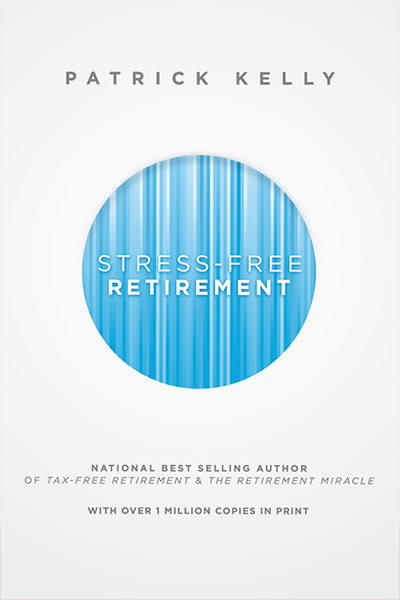There are 3 things you need to know about the Greek debt crisis:
1) Greece WILL default, period!
There is no way through any combination of austerity or more time that Greece in 20 lifetimes could ever pay back what they owe. In fact, their debt can only get bigger. The question is not if, but when will they default?
2) It’s going to be ugly!
No one is discussing the ramifications of Europe having to write off a Trillion Euros of Greek debt. How this will affect a soft European economy, a soft world economy and a soft U.S. economy could be profound.
3) Spain, Italy, and Portugal are next!
When Greece walks away from its crushing debt burden, it will pave the way for other countries in similar situations to do the same. How will THIS affect the world’s economies? See #2 above.
Ok, so what does this have to do with my 401-k?
If you are in your late 50’s to early ’60s, Greece is one more big reason to make sure your portfolio is positioned for retirement and doesn’t look like that of a 30-year-old. That means having a portion of your portfolio allocated to produce the income you’ll need to retire and also tightly controlling the risk on the rest of your portfolio.
If you are 5 to 10 years from retirement do this now. Our markets are extremely overpriced relative to a weak economy. When they correct, and we don’t know exactly when that will happen, you don’t want this to dramatically change your retirement plans. You don’t want to work years longer and you don’t want to have to count pennies and worry about retirement.
And don’t assume that you have a low-risk portfolio because you own some target-date funds, some “balanced” funds, or some bonds. When we perform risk analysis on new clients’ portfolios they are virtually always surprised at how much risk is in their accounts.
Here’s what you need to do now:
1) Get help to create a Game Plan for your coming retirement. Understand EXACTLY how much risk your portfolio has, how much your portfolio is costing you, and what the probability is of your money lasting through 20 to 30 years of unemployment (retirement).
2) Create the income you will need to retire as far as possible in advance, there are many income creation strategies that become much more powerful over time.
3) Manage the remainder of your portfolio first to control risk and THEN to maximize growth. Get help, this is not something you want to do by yourself. The stakes for the balance of your life are too high.






